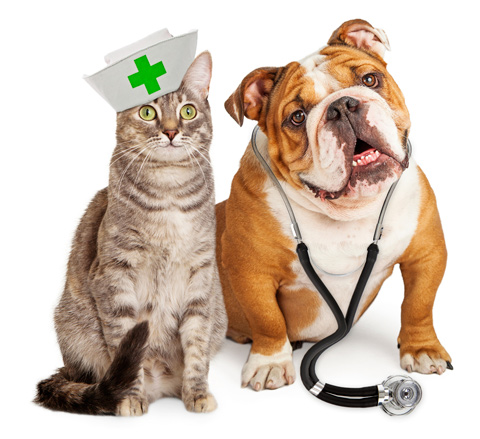Veterinary Uses of Vitamin K

Animals need vitamin K for blood coagulation just like people do. In fact, research shows that vitamin K can be to treat cats that have diseases linked to abnormal bleeding. These conditions include:(120)
- Liver disease
- Lymphocytic Plasmacytic Enteritis
- Severe inflammatory bowel disease
In one study, vitamin K therapy normalized clotting times in 21 out of 24 cats suffering from IBD, liver disease, or other disorders.(120)
Experts caution that oral doses of vitamin K1 may not be the best form of vitamin K for animals suffering from malabsorption of nutrients. That's because it's a fat-soluble vitamin, and the condition itself may prevent it from being absorbed. Vitamin K shots can help in these cases. Another option is vitamin K3, which is less fat-soluble and easier for the colon to absorb.(121)
But did you know vitamin K can also be used to treat poisoning?
Rodenticide Poisoning
Pets, farm animals, and even wild birds are can be exposed to rodent poison through several routes:(122)
- Eating it (since it's sweet and odorless).
- Eating rodents poisoned with the rodenticides (dead or alive).
- Drinking tainted drinking water.
- Skin contact.
Vitamin K is a specific antidote given to dogs, cats, exotic animals, and birds.(122)
Clinical experience and studies show it is highly successful. For example:
- In a study, vitamin K normalized bleeding in dogs poisoned with brodifacoum - a chemical used to kill rodents.(123)
- Vitamin K therapy and supportive care was used to treat 21 dogs poisoned with anticoagulant rodenticides, with a survival rate of 83%.(124)


